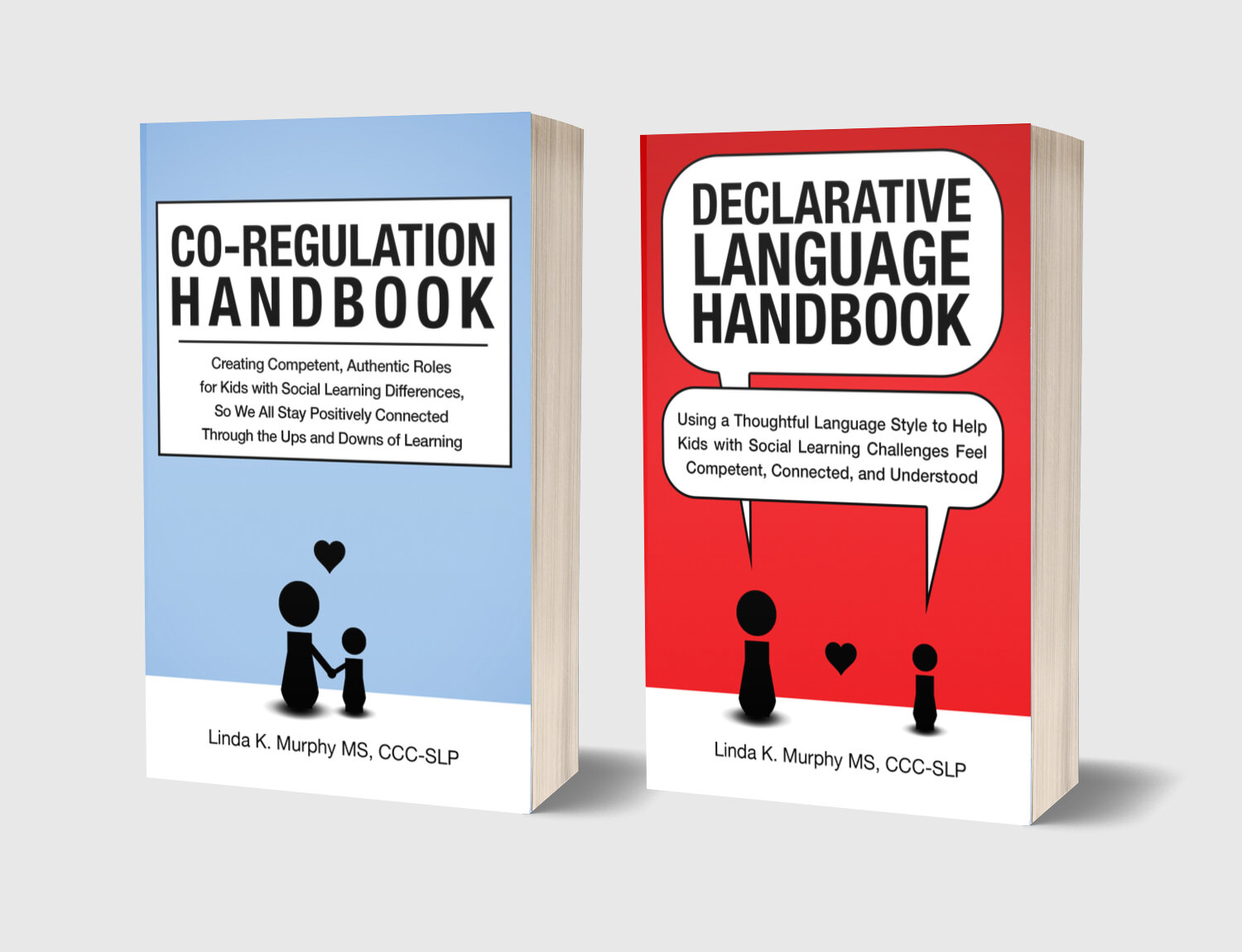Habit Formation
Happy Sunday!
Today I want to talk about habit formation.
We all want our learners to form good habits! These could pertain to doing their homework with increased independence, cleaning up after themselves, transitioning more quickly when it’s time to go, or even becoming more comfortable trying new things without saying NO first.
I like this definition of habit formation:
Habit formation is the process by which behaviors become automatic. Habits can form without a person intending to acquire them, but they can also be deliberately cultivated—or eliminated—to better suit one’s personal goals (Psychology Today).
And, when I think about our work together, these excerpts from Atomic Habits (Tiny Changes, Remarkable Results) by James Clear resonate with me:
It is so easy to overestimate the importance of one defining moment and underestimate the value of making small improvements on a daily basis… The difference a tiny improvement can make over time is astounding.
The effects of your habits multiply as you repeat them. They seem to make little difference on any given day and yet the impact they deliver over the months and years can be enormous.
This can be a difficult concept to appreciate in daily life. We often dismiss small changes because they don’t seem to matter very much in the moment.
The impact created by a change in your habits is similar to the effects of shifting the route of an airplane by just a few degrees. Imagine you are flying from Los Angeles to New York City. If a pilot leaving from LAX adjusts the heading just 3.5 degrees south, you will land in Washington D.C., instead of New York. Such a small change is barely noticeable at takeoff - the nose of the airplane moves just a few feet - but when magnified across the entire United States, you end up hundreds of miles apart… Similarly, a slight change in your daily habits can guide your life to a very different destination.
So, of course we want our learners to form good habits. But, our communication with our learners, or the communication style we use day to day with them, is also a habit.
And one that we have control over!
Trust that as you make small changes in your communication, one opportunity at a time, it will make a big difference over time.
What is the communication habit you most want to change right now within interactions with your leaner?
Here are some ideas:
Comment to thoughtfully guide more, and direct less - i.e., more declarative, less imperative, and add in extra scaffolds as needed to support comprehension.
Quiz less - i.e., use more declarative language to observe, experience share, problem solve out loud, share memories… and ask less questions.
Acknowledge the importance of processing time, and give your learner the time they need to be at their best when managing information and adjusting to change.
Give your learner the benefit of the doubt when they are not responding.
When emotions escalate, remember to balance declarative statements and silence to support regulation.
Mindfully create a competent role that is right for each moment in time (see #5 here).
Or, pick one way to move from GET to GIVE.
Are there others that come to mind for you? Drop them in the comments, I’d love to hear!
Remember: Habit formation takes time, for our learners but also for us. And, the accumulation of small moments over time is where the work is done. Hang in there - because - as we make these small changes, so will our learners. Your shared narrative and success WILL unfold over time.
Have a great week!
Want help getting started making small changes to your own communication habit?
Sign up for our next 8-Week our Declarative Language Workshop! We’d love to meet you.
If you are a professional looking to learn about declarative language and co-regulation, while earning CEU’s, I’ll be doing a 6-hour live webinar for Theramoves on March 13, 2023. Details are here!
If you like my Sunday Snippets of Support, you can receive them directly to your inbox here.








